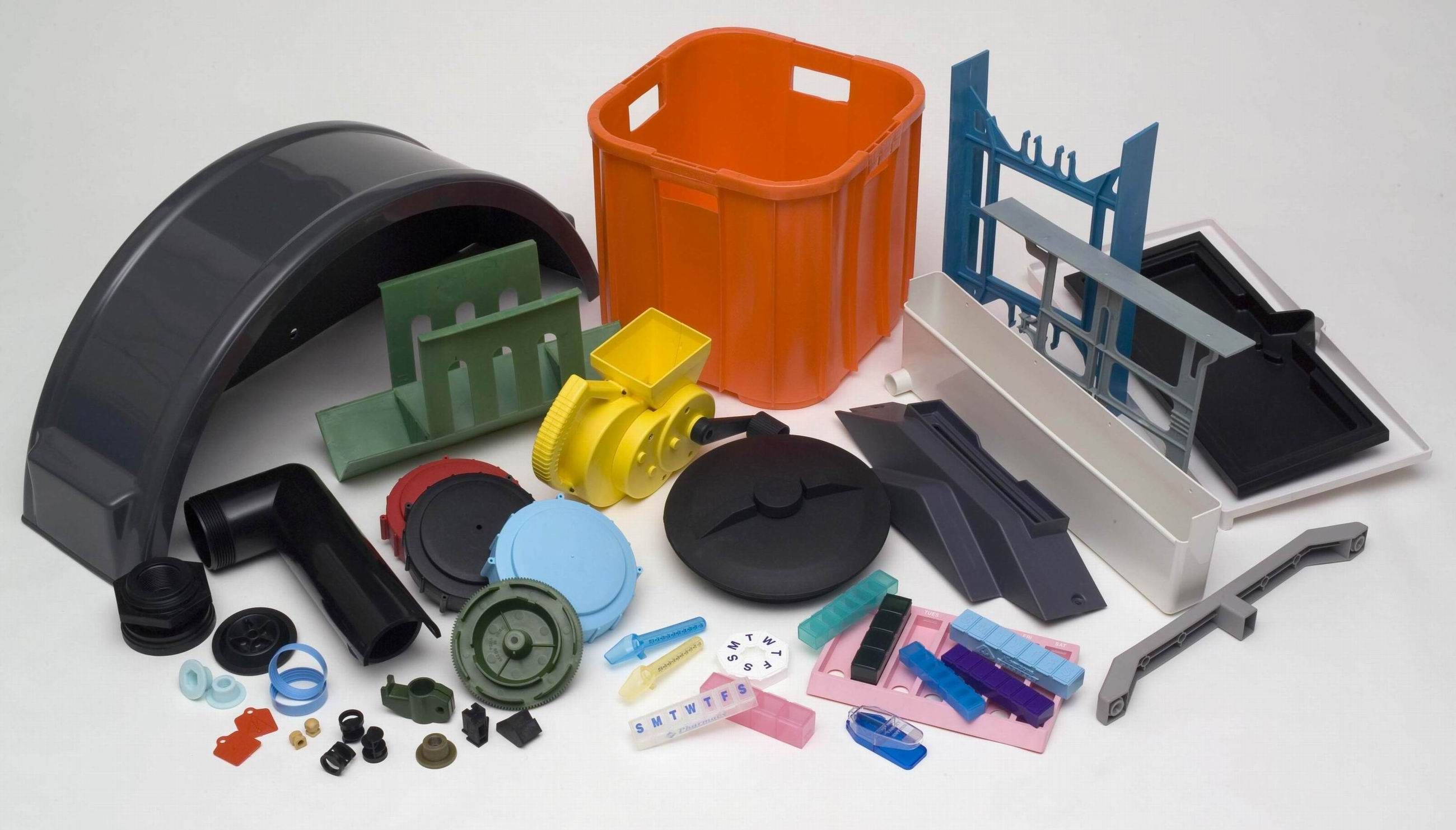We will get back to you with 1 business days.
+84773688836 (Whatsapp, Viber)
sales@subcontracting-vietnam.com



Plastic Injection molding
Plastic injection molding is a great production method, because it is inexpensive and has a strong breakage resistance. No matter the size or scope of your project, we have the relations to subcontract your product in our reliable Vietnamese supplier network. From automotive and medical parts till electronics and solar
Most Common Thermoplastics Used In Injection Molding
One of the most commonly used materials in injection molding is ABS: Acrylonitrile Butadiene Styrene. ABS is a thermoplastic material and is well known for its high impact resistance and toughness. Besides this, it offers good resistance to scratching and rigidity with an excellent dimensional stability. ABS also works well in conjunction with metal coatings due to them being able to adhere strongly to ABS material. Due to it’s thermoplastic properties ABS is easily plastic injection molded. ABS has a low melting temperature and is inexpensive plastic. With outstanding impact and mechanical strength, ABS (Acrylonitrile Butadiene Styrene) is used in a wide range of industries and applications, from automotive to piping. Metal coatings can easily adhere to this material, making it well suited for products such as desktop phones, shower heads, and handles. ABS does not have good chemical resistance, however, and should not be used in applications requiring electrical insulation or UV resistance. Benefits of ABS: Cost, Platable and paintable, Strength and rigidity of the finished product, Strength to weight ratio,
ABS molded parts are used in a wide range of industries, such as manufacturing, automotive, medical, and marine. ABS is not recommended for food applications.
Celcon, a common brand name for Acetal, offers excellent surface lubricity, creep resistance (memory), and chemical solvent resistance. Ideal for food and beverage, mechanical, automotive, and household applications, this is our resin of choice for manufacturing K’NEX toy parts, as well as gears and bearings. It’s also often used in automotive applications and household appliances. It should not be used for applications in high heat environments.
Polypropylene is known for its flexibility in packaging, fluid management and processing, and household goods, as well as some automotive applications. While polypropylene is flammable and vulnerable to UV radiation, it still offers good resistance to chemical solvents and electricity. Most grades of Polypropylene are flammable and degraded by UV radiation.
High Impact Polystyrene (HIPS) provides tough, low-cost performance and highly customizable surfaces: It can be printed, glued, bonded, and decorated easily. This material is especially popular in merchandising applications and displays, printed graphics and prototypes. Although flammable, flame-retardant varieties are available.
The most flexible version of polyethylene, LPDE, offers moisture resistance and high impact strength. LPDE can be found in many consumer goods and housewares, as well as medical products and electronic wiring. It is difficult to bond, however, and should not be used in harsh weather or high-temperature applications.
To ensure you select the right resin for your project, keep in mind the following variables:
We organize the production of Injection molding parts for the following industries:
Copyrights © 2020. All Rights Reserved by ABC Vietnam Manufacturing & Sourcing Co., Ltd